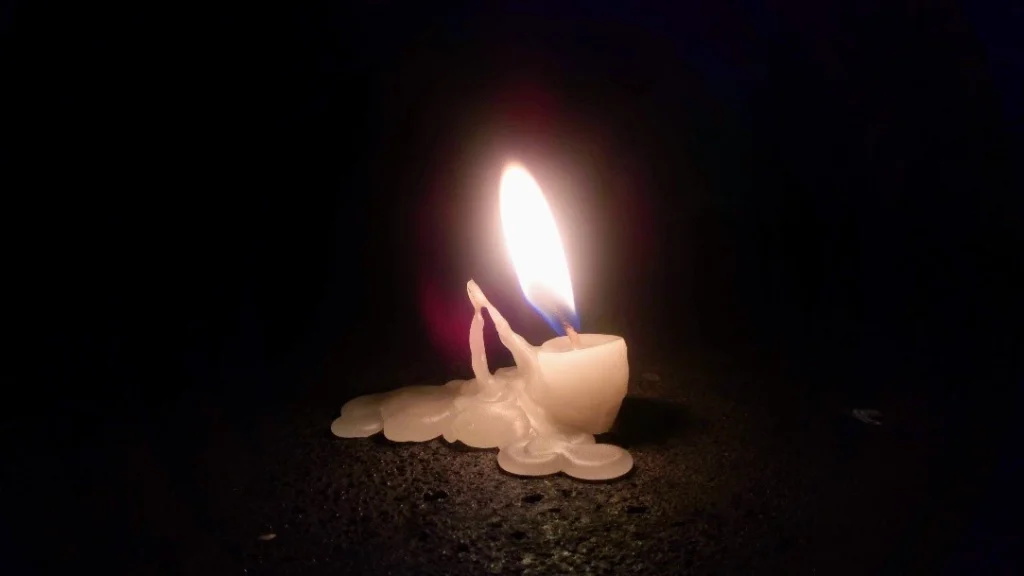

What happens when a homeowner dies depends on whether there’s a will, the level of debt left behind, and how members of the deceased person’s circle think about others who could be beneficiaries of the estate. Understanding these factors can help a homeowner write a will that works.
And if you stand to inherit an interest in real estate, you’ll want to grasp the basics of property transfers after a homeowner dies.
So, without further ado, let’s run through the possible scenarios.
The best scenario is a smooth transition of property after the homeowner dies. A valid, clearly worded will is a good start. For reasons related to taxation (or just to keep estate planning simple), many homeowners leave their homes through wills rather than transferring their deeds during their lifetimes.
When the homeowner dies, the survivors must locate the last will. Then they must submit it to the probate court.
Under the court’s supervision, the executor named in the will carries out an inventory and orders a real estate appraisal. The executor takes the necessary action to resolve all outstanding tax bills and debts.
And yes, seeing as you asked, the person inheriting is allowed to be named as executor. A person with a stake in the probate outcome tends to negotiate well and maximize the value of the estate.
Members of the deceased person’s circle may take issue with certain beneficiaries of the estate. These issues can complicate the process of probating a will. But where a will is not contested, and if the estate can pay its debts without selling the home, then all should go according to the late homeowner’s wishes. The named beneficiary of the real estate gets that property, by way of an executor’s deed.
If the home was left to more than one person, these beneficiaries must come to an agreement about how to handle the property. The will might offer some direction as to whether the late deed holder wanted the beneficiaries to sell or maintain the home.
Otherwise, what’s their best move? Should they sell, and split up the proceeds? Should they hold onto the home, sharing rights and responsibilities? Or perhaps one of them can buy the others out?
Will makers, take note. Leaving multiple “cooks in the kitchen” can lead to simmering tensions after you’re gone.
If you’re going to put your deed through the costly, time-consuming process that probate often is, why not write your will decisively? Avoid ambiguities that could cause probate to drag on.

What if there’s a good-faith search, but no one finds a will? Then the estate has no named executor to execute a will. The probate court might have to assign a personal representative. A court-assigned personal representative is called an administrator.
Then, the probate court turns to the state’s intestacy laws to determine who receives any assets that survive the debt payoffs. It’s time to contact relatives. The administrator uses the list of relationships provided by state law. That law tells the probate court to contact the closest relatives in a certain order.
As soon as the administrator tracks down an heir, that’s it. That one person inherits the estate. Now, couldn’t that process be unfair to someone the deceased knew well? Definitely. And a probate court has the discretion to distribute assets to a particular recipient if strong indicators show that the deceased person would have wanted that.
Finally, what if there are no apparent heirs at all? Then the assets go to (“escheat to”) the state.
With the permission of the probate court, the late deed holder’s personal representative interacts with potential buyers and sells the home if necessary to pay off the mortgage.
Some local real estate professionals focus on estate sale homes. These sales can get complicated. As a rule, they take longer than most other local home sales would. Depending on state law, the home sale may need to wait until the end of probate to happen. There is always a wait for the court to set sale hearing and closing dates. A deed transfer itself can take a few weeks.
A person who buys the home out of the estate gets the home by an executor’s deed (or an administrator’s deed if there’s no will). The deed must be filed with the recorder of deeds in the home’s county.
Using any proceeds left over after the debt payoff, the probate court can make distributions to the beneficiaries of the late deed holder.
Curious about what it’s like to buy a home from someone’s estate? Learn more with Deeds.com’s guide to buying an estate sale home.
Was someone else on the home deed, who is vested with rights of survivorship? Then finding the will is not relevant to the real estate transfer. If the will passes the home to anyone, the will’s instructions have no legal meaning. (The will could still matter in other ways — but not for the home deed.)
Any co-owner(s) named on the deed as having survivorship rights becomes the new owner of the real estate interests, after having survived the deceased deed holder. The survivor will need to obtain an affidavit of death — to certify the late deed holder’s death — and a deed, to actually transfer the property.
Contrast probate, where a deed transfer must wait out a period of publication to potential creditors, allowing them the opportunity to receive notice and submit claims. Once that process has played out, the home can go to the survivors. But with rights of survivorship, the home deed does not need to enter the probate court.
And in general, state and federal protection exists to keep surviving family members in the home when a joint owner dies. Nevertheless, creditors may seek to negotiate with survivors in order to settle their liens on the home.
Did you know? The way your deed is vested has the final say, if the vesting language conflicts with a will.
Generally, interested parties are most likely to dispute a will if they believe:
This is why it’s important to clearly spell out reasons and intentions when writing a will. And it’s also why witnessing and notarization matters.
Avoid conflict by writing simply and clearly. The will should say you’re bequeathing your home at a specific address. State the legal name and contact information of the beneficiary. Name a responsible executor (and a backup) to distribute the value of your estate. Include the notary acknowledgement space, with places for witnesses to sign, at the end of the will.
Need witnesses? Many banks have notaries and personnel available to witness the execution of a will.
It’s easy to write a new will at any time, with new witnessing and notarization. Delete/destroy old wills. Leave the current will in an easy-to-find spot.
Ordinary people have a good deal of power, transferring their deeds from one generation to the next. People who write wills may leave assets to relatives, friends, organizations, or others. A well-written may explain why its writer decided to bypass a spouse or family members — to ward off speculation and disputes.
When a will is contested or falls short of state requirements, the probate court must decide where the assets, if any, shall go. The court may hear testimony from the potential beneficiaries before bringing the case to closure. Ultimately, though, the probate court has what it takes to ensure clear, court-approved title transfers when the process wraps up.
So much comes down to planning. Deed holders who leave clear estate-planning wishes for their homes are really doing society a solid.
Important note: Although the information here addresses legal matters, it is not legal advice. Each estate case is unique. Additionally, estate and tax laws vary by state and are frequently updated. So, consult with an attorney in your state for local, case-specific guidance.
Supporting References
Photo credits: Pixabay, via Pexels/Canva; and Ajelandro132, via Wikimedia Commons, licensed under CC BY-SA 3.0.